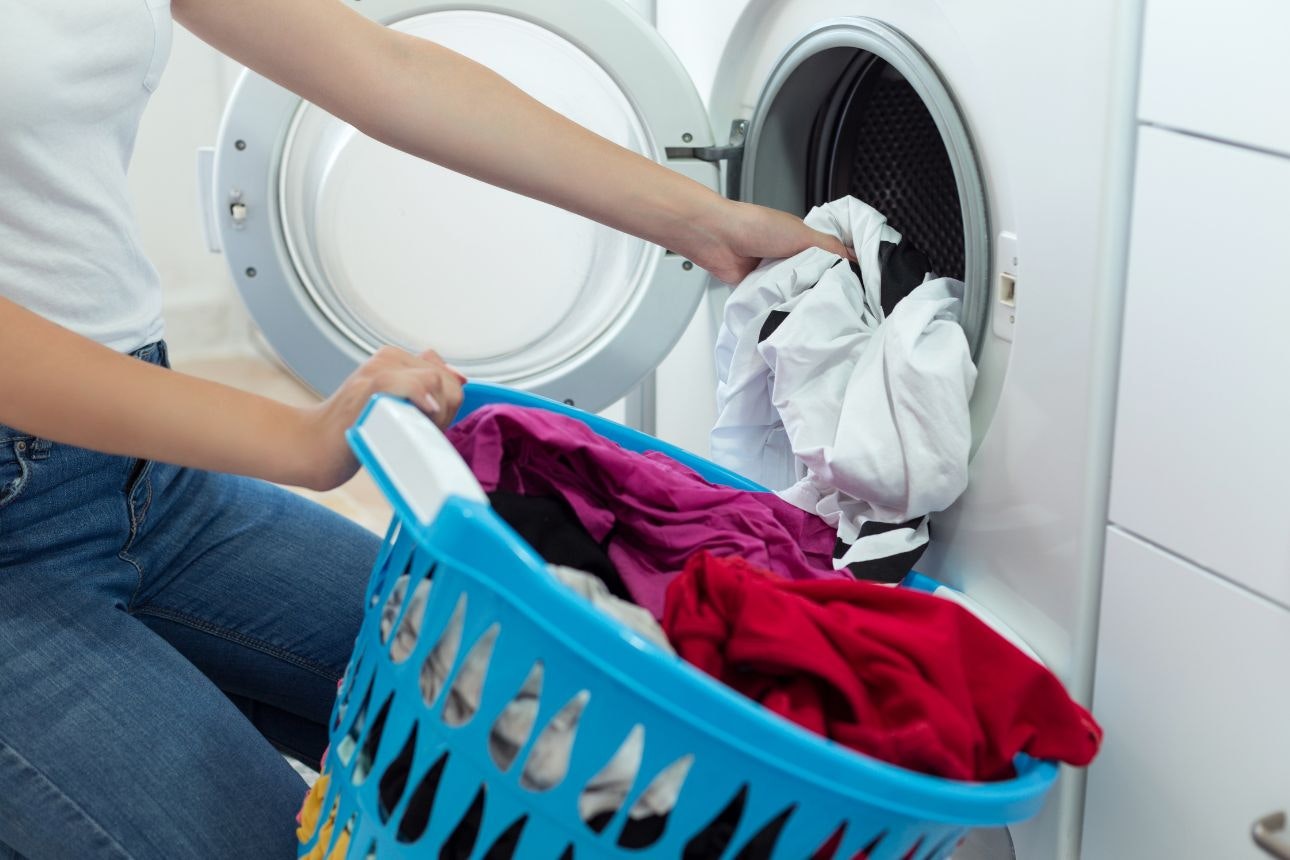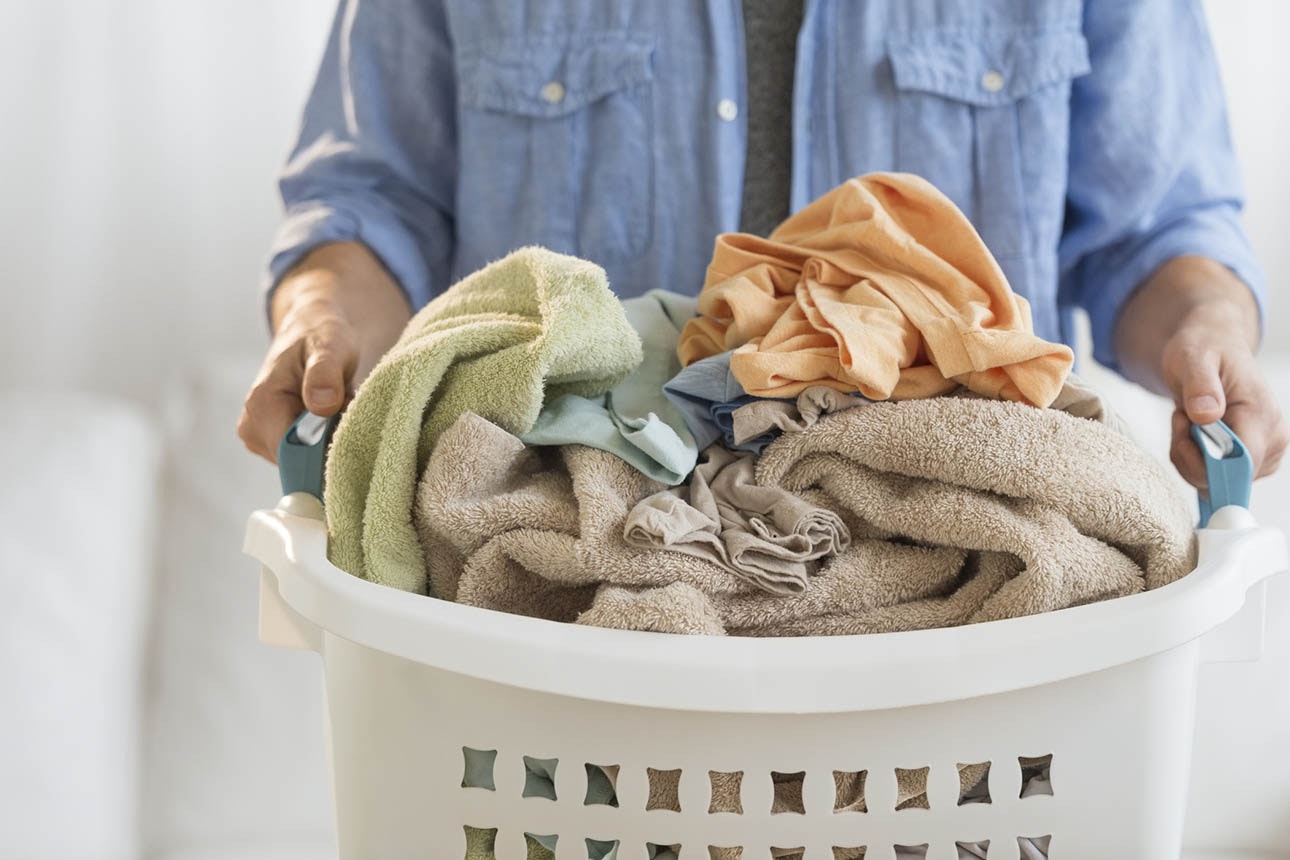A washer dryer sounds like the ultimate in laundry convenience – you put dirty clothes in, and take clean and dry clothes out! All in one compact unit.
All up, they sound too good to be true – and in many cases they are.
Our tests have found these machines often can’t match the performance of their separate counterparts. While the washing performance can be comparable to front-loading washing machines, a washer dryer’s drying function is, more often than not, very disappointing.
Best washer dryers in New Zealand
What’s the best washer dryer for your home? Here are the models we recommend based on our test results.

Top-performing washer dryers

Best large-capacity washer dryer
Get access to Consumer & see all reviews
Thousands of expert product/service reviews
Personal support through our Consumer Rights Advice Line
Premium articles and in-depth buying advice
Add a Consumer magazine for even more exclusive content
How they work
The dryer component is a condenser dryer, which uses a heat exchanger to remove heat and water from air that has passed through your clothes. The water is collected in a reservoir or funnelled down a drain. The heat exchanger uses water as its coolant, which means water is used for both washing and drying.
Pros
Good for compact spaces without room for both a washing machine and dryer.
The dryer doesn’t need to be vented outside.
The washing cycle time is comparable to a standard front-loading washing machine.
Cons
The drying cycle takes a long time. The washer dryers in our test took between 222 and 403 minutes (that’s over 6½ hours!) to wash and dry a 3.5kg load.
The drying capacity may be less than their washing capacity.
Capacity confusion
Washer dryers often state two capacities: one for washing and one for drying. However, the dryer capacity is usually half that for washing. If you wash a full load, you’ll have to split it before drying it in batches. This is because tumble drying requires air to circulate between the clothes, whereas washing doesn’t.
Where they’re suitable
Consider a washer-dryer in these situations:
Small homes where you can’t fit both a washer and a dryer.
A holiday house where you won’t be in a rush for your laundry.
Households that rarely use the dryer function.
People with mobility issues that make transferring clothes between machines difficult.
If space is an issue or you only use a clothes dryer as a last resort, a small washer dryer may be the right solution for you. But consider buying a separate washing machine and clothes dryer first. Not only will you be able to wash and dry more quickly, the washing and drying cycles are likely to be more efficient.

People's Choice
Our People's Choice awards are granted to brands that consistently rate above average for customer satisfaction and meet out other performance criteria. Become a member and see which brands have earned a People’s Choice award.
Which washer dryers are most reliable?

We asked thousands of Consumer members about their experience with products they've used to find out which brands are most reliable and satisfying to own. The results are available to members and Digital Pass holders.



